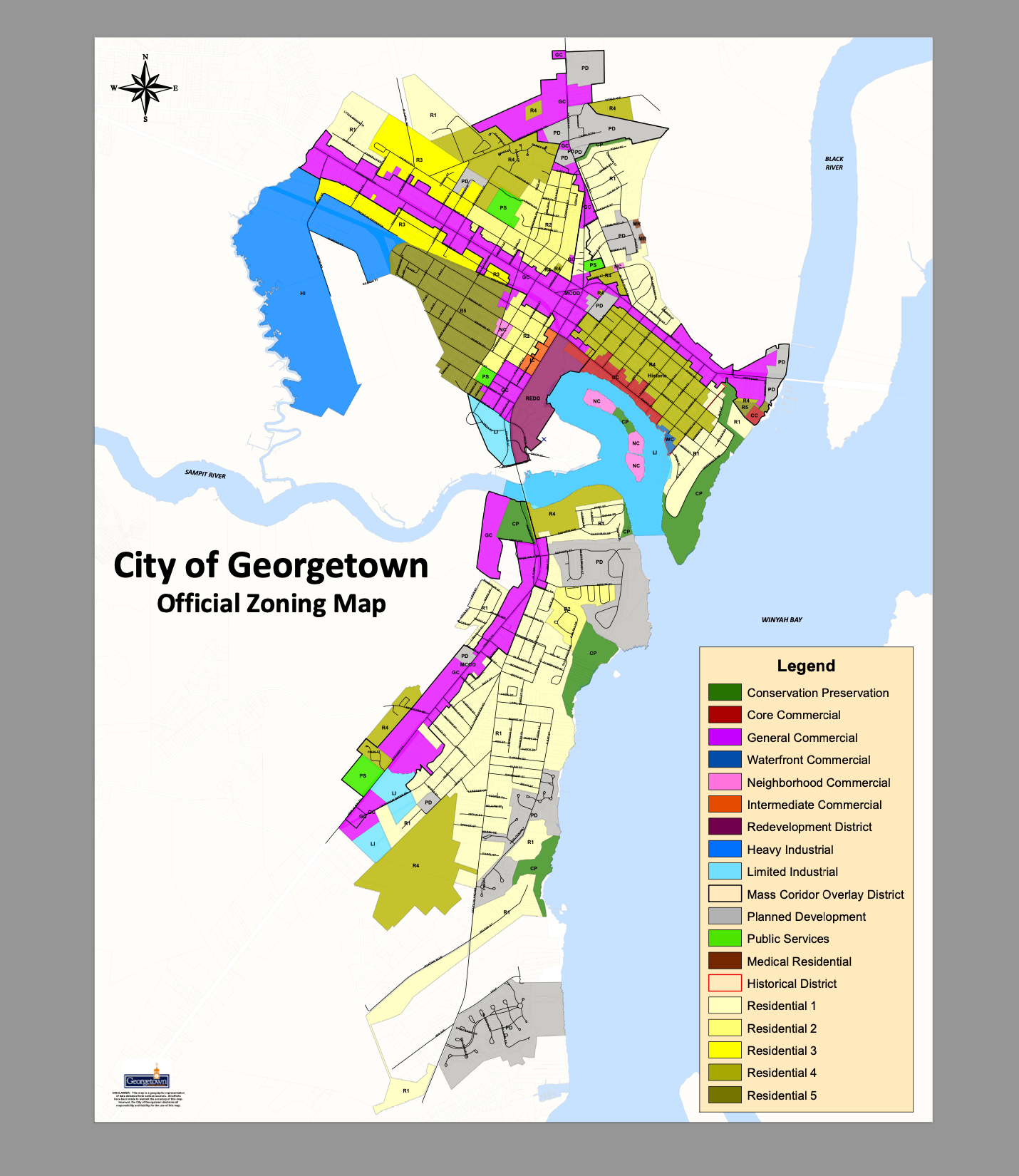Here’s a link to a recent report by the Southern Environmental Law Center, and here’s the conclusion:
Dust, noise, and traffic from pellet mills affect the daily lives of people living nearby. Those effects are felt disproportionately in low-wealth, communities of color. The results from this survey support the stories, told countless times by community members, about the quality-of-life impacts of living around pellet mills
Air pollution, dust, noise, and traffic were the most common concerns for survey participants. While the impacts from pellet mills are more pronounced for people living closer to the pellet mill, the impacts are still felt by people living as far as 2 miles away.
Additional research is needed in communities with pellet mills in order to measure the full scope of impacts from the industry.
We limited the scope of this survey to focus onhouseholds within a 2-mile radius of selected pellet mills.However, the health and quality-of-life impacts of living near one of these facilities is felt beyond 2 miles. Moreover, many survey respondents identified other polluting industries that contribute to the cumulative environmental burden.
The particular impacts of those industries werenot measured in this survey.
To limit the number of questions in the survey, thereby encouraging higher participation, there are several environmental concerns that we chose not to measure.
We limited inquiry into the impacts of forest destruction, contact with wildlife, and cultural site identification. In addition, we chose not to identify or target households based on their proximity to clear-cut forest, highways, or wood pellet storage facilities. These are all important areas that need additional research.
Lastly, additional surveys need to be done in other communities close to pellet mills. We adopted a phased approach to this region-wide survey.
There are 28 pellet mills in the southeastern United States. The five communities discussed in this report were considered Phase I of the region-wide survey.
We will conduct surveys in communities identified for Phase II.The successful deployment of the survey in 5 communities across 4 states demonstrates the importance of having impacted community members in coalition at every stage of project development and deployment.
Creation and deployment of this survey in communities with different geographies and demographics would not have been possible without local organizers from those communities. We intend to continue to build coalition with impacted community members to carry out this survey in other communities with pellet mills.




